Reebok 2010 Annual Report Download - page 153
Download and view the complete annual report
Please find page 153 of the 2010 Reebok annual report below. You can navigate through the pages in the report by either clicking on the pages listed below, or by using the keyword search tool below to find specific information within the annual report.-
 1
1 -
 2
2 -
 3
3 -
 4
4 -
 5
5 -
 6
6 -
 7
7 -
 8
8 -
 9
9 -
 10
10 -
 11
11 -
 12
12 -
 13
13 -
 14
14 -
 15
15 -
 16
16 -
 17
17 -
 18
18 -
 19
19 -
 20
20 -
 21
21 -
 22
22 -
 23
23 -
 24
24 -
 25
25 -
 26
26 -
 27
27 -
 28
28 -
 29
29 -
 30
30 -
 31
31 -
 32
32 -
 33
33 -
 34
34 -
 35
35 -
 36
36 -
 37
37 -
 38
38 -
 39
39 -
 40
40 -
 41
41 -
 42
42 -
 43
43 -
 44
44 -
 45
45 -
 46
46 -
 47
47 -
 48
48 -
 49
49 -
 50
50 -
 51
51 -
 52
52 -
 53
53 -
 54
54 -
 55
55 -
 56
56 -
 57
57 -
 58
58 -
 59
59 -
 60
60 -
 61
61 -
 62
62 -
 63
63 -
 64
64 -
 65
65 -
 66
66 -
 67
67 -
 68
68 -
 69
69 -
 70
70 -
 71
71 -
 72
72 -
 73
73 -
 74
74 -
 75
75 -
 76
76 -
 77
77 -
 78
78 -
 79
79 -
 80
80 -
 81
81 -
 82
82 -
 83
83 -
 84
84 -
 85
85 -
 86
86 -
 87
87 -
 88
88 -
 89
89 -
 90
90 -
 91
91 -
 92
92 -
 93
93 -
 94
94 -
 95
95 -
 96
96 -
 97
97 -
 98
98 -
 99
99 -
 100
100 -
 101
101 -
 102
102 -
 103
103 -
 104
104 -
 105
105 -
 106
106 -
 107
107 -
 108
108 -
 109
109 -
 110
110 -
 111
111 -
 112
112 -
 113
113 -
 114
114 -
 115
115 -
 116
116 -
 117
117 -
 118
118 -
 119
119 -
 120
120 -
 121
121 -
 122
122 -
 123
123 -
 124
124 -
 125
125 -
 126
126 -
 127
127 -
 128
128 -
 129
129 -
 130
130 -
 131
131 -
 132
132 -
 133
133 -
 134
134 -
 135
135 -
 136
136 -
 137
137 -
 138
138 -
 139
139 -
 140
140 -
 141
141 -
 142
142 -
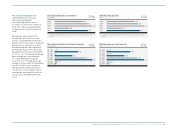 143
143 -
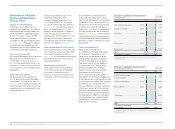 144
144 -
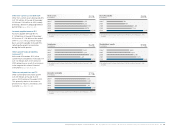 145
145 -
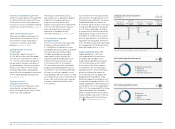 146
146 -
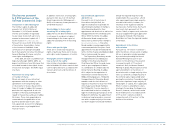 147
147 -
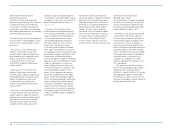 148
148 -
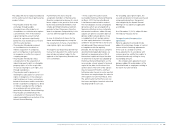 149
149 -
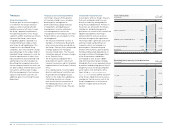 150
150 -
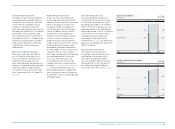 151
151 -
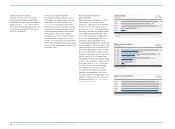 152
152 -
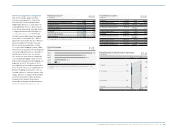 153
153 -
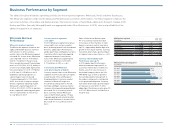 154
154 -
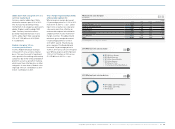 155
155 -
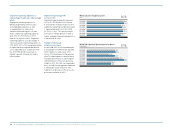 156
156 -
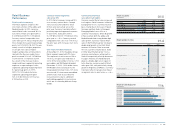 157
157 -
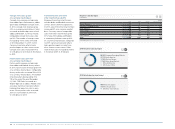 158
158 -
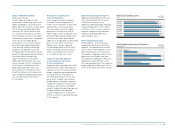 159
159 -
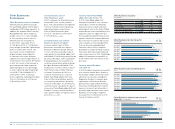 160
160 -
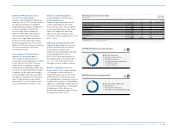 161
161 -
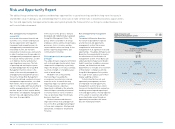 162
162 -
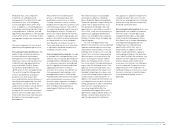 163
163 -
 164
164 -
 165
165 -
 166
166 -
 167
167 -
 168
168 -
 169
169 -
 170
170 -
 171
171 -
 172
172 -
 173
173 -
 174
174 -
 175
175 -
 176
176 -
 177
177 -
 178
178 -
 179
179 -
 180
180 -
 181
181 -
 182
182 -
 183
183 -
 184
184 -
 185
185 -
 186
186 -
 187
187 -
 188
188 -
 189
189 -
 190
190 -
 191
191 -
 192
192 -
 193
193 -
 194
194 -
 195
195 -
 196
196 -
 197
197 -
 198
198 -
 199
199 -
 200
200 -
 201
201 -
 202
202 -
 203
203 -
 204
204 -
 205
205 -
 206
206 -
 207
207 -
 208
208 -
 209
209 -
 210
210 -
 211
211 -
 212
212 -
 213
213 -
 214
214 -
 215
215 -
 216
216 -
 217
217 -
 218
218 -
 219
219 -
 220
220 -
 221
221 -
 222
222 -
 223
223 -
 224
224 -
 225
225 -
 226
226 -
 227
227 -
 228
228 -
 229
229 -
 230
230 -
 231
231 -
 232
232 -
 233
233 -
 234
234 -
 235
235 -
 236
236 -
 237
237 -
 238
238 -
 239
239 -
 240
240 -
 241
241 -
 242
242 -
 243
243 -
 244
244 -
 245
245 -
 246
246 -
 247
247 -
 248
248
 |
 |
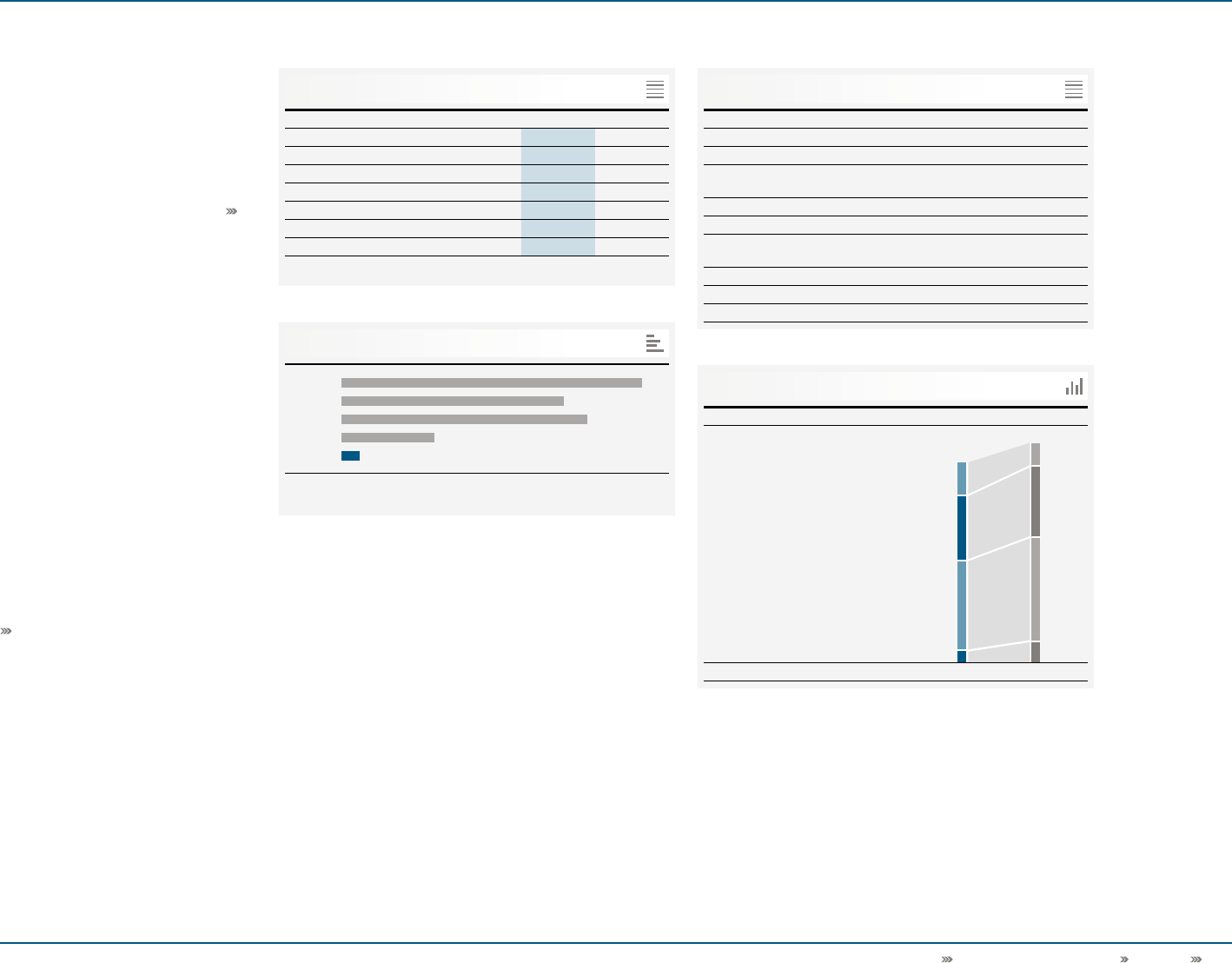
Group Management Report – Financial Review Group Business Performance Treasury 149
Remaining time to maturity of gross borrowings
€ in millions
2010 2009
Total 1,610 1,767
53
< 1 year ..........................273
1 to 3 years .......................514
3 to 5 years .......................711
> 5 years .........................112
198
561
822
186
Financial leverage
in %
1) Including Reebok, Rockport and Reebok-CCM Hockey from February 1, 2006
onwards.
51
2006 1 )
2007
2008
2009
2010
78.9
58.4
64.6
24.3
4.8
Financing structure 1 )
€ in millions
2010 2009
Cash and short-term financial assets 1,389 850
Bank borrowings 95 103
Commercial paper 0 0
Private placements 1,017 1,166
Eurobond 498 498
Gross total borrowings 1,610 1,767
Net borrowings 221 917
1) Rounding differences may arise in totals.
50 Issued bonds at a glance
in millions
Issued bonds Volume Coupon Maturity
US private placement USD 288 fixed 2011
French private placement EUR 150 variable 2011 – 2012
German private placement EUR 78 fixed and
variable 2012
US private placement USD 292 fixed 2013
Eurobond EUR 498 fixed 2014
German private placement EUR 122 fixed and
variable 2014
US private placement USD 115 fixed 2015
US private placement USD 150 fixed 2016
Other private placements EUR 30 variable 2010 – 2012
52
Currency management a key priority
Due to the Group’s global activities,
currency management is a key focus
of the Group’s Treasury department.
Hedging US dollars is a central part of
our programme. This is a direct result
of our Asian-dominated sourcing, which
is largely denominated in US dollars
see Global Operations, p. 106. In 2010, the
Group Treasury department managed
a net deficit of around US $ 2.1 billion
against the euro (2009: US $ 1.9 billion).
As governed by our Group’s Treasury
Policy, we have established a rolling
12- to 24-month hedging system, under
which the vast majority of the anticipated
seasonal hedging volume is secured six
months prior to the start of a season.
As a result, we have almost completed
our anticipated hedging needs for 2011
and we have already started hedging our
exposure for 2012. The rates for 2011
are slightly less favourable compared to
those of 2010. The use or combination of
different hedging instruments, such as
forward contracts, currency options and
swaps, protects us against unfavourable
currency movements, while retaining
the potential to benefit from future
favourable exchange rate developments
see Risk and Opportunity Report, p. 158.
